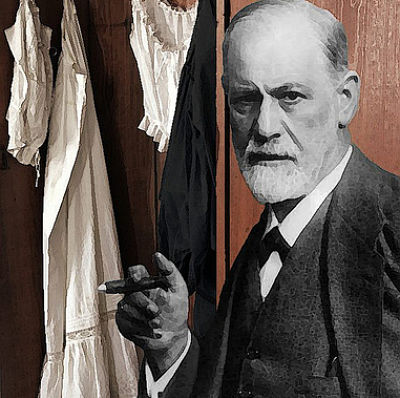Daniel B. Smith offers an illuminating and inspiring review of Aaron T. Beck, M.D., the founder of Cognitive Behavior Therapy (CBT). This very articulate article captures Beck’s spirit and scientific commitment. The author does a terrific job of capturing a complex story and telling it with appropriate dramatic impact.
Here are some facts about Cognitive Behavior Therapy discussed in this article:
- CBT is the most well-funded, deeply researched, popular, and rapidly growing psychotherapy in existence
- In 2005, in a pair of widely publicized papers in the Archives of General Psychiatry, DeRubeis and Steve Hollon, a psychologist at Vanderbilt University, reported the results of a large clinical trial that compared CBT to a placebo and the popular antidepressant Paxil in patients with depression. In the short term, CBT was shown to be as effective as medication and, presumably because it served as a kind of psychological inoculation, it guarded against relapse 69 percent of the time, as opposed to 24 percent for medication.
- Since 2005, the Veterans Administration … allocated more than $250 million a year to train therapists in ESTs in an effort to cope with the influx of traumatized veterans returning from Iraq and Afghanistan. All of these programs highlight CBT.
- In 2007, the British government announced it would be spending close to $300 million to train and employ 3,600 additional psychotherapists, primarily in CBT.
- The Army’s new resiliency program will train more than one million active-duty soldiers, reservists, members of the National Guard, civilian employees, and military family members in Beck-inspired methods.
September 1, 2009 (from TheAmericanScholar.org): “In 2006, Beck won the Lasker Award, the most prestigious scientific honor in the United States, often referred to as the “American Nobel.” In 2007, he was short-listed for the actual Nobel … Beck’s enormous success stems in large part from CBT’s pragmatism and efficiency.”
[READ THE ARTICLE] The doctor is in.
Photo credits: open by Rupert Ganzer is licensed under CC BY-NC-SA 2.0



